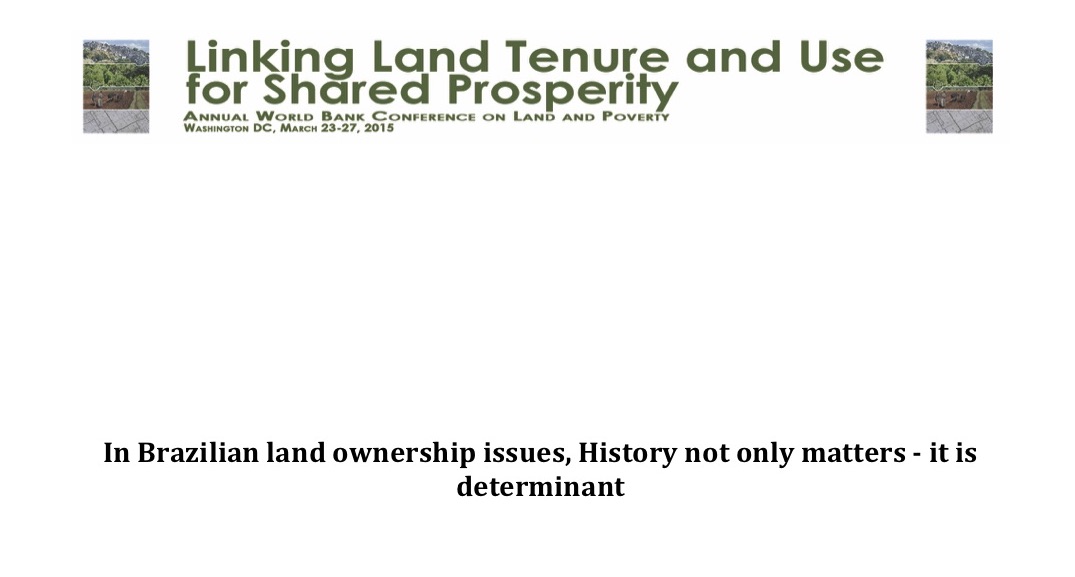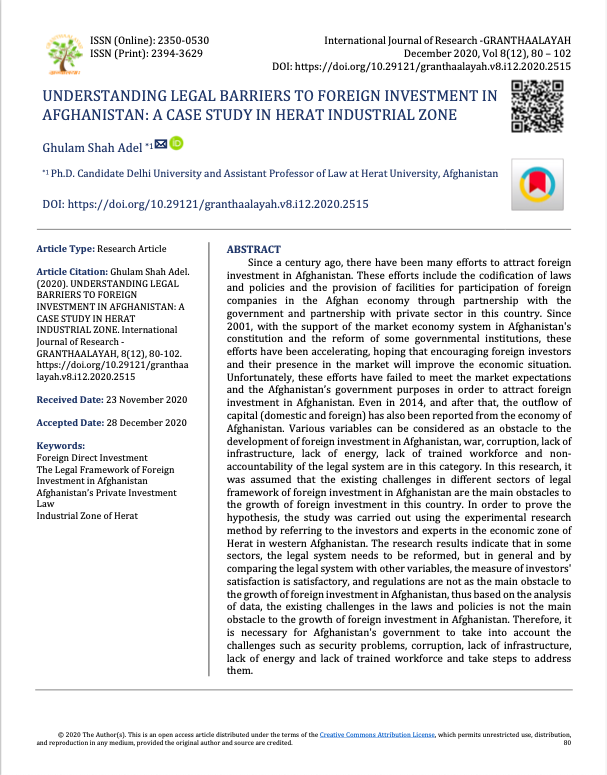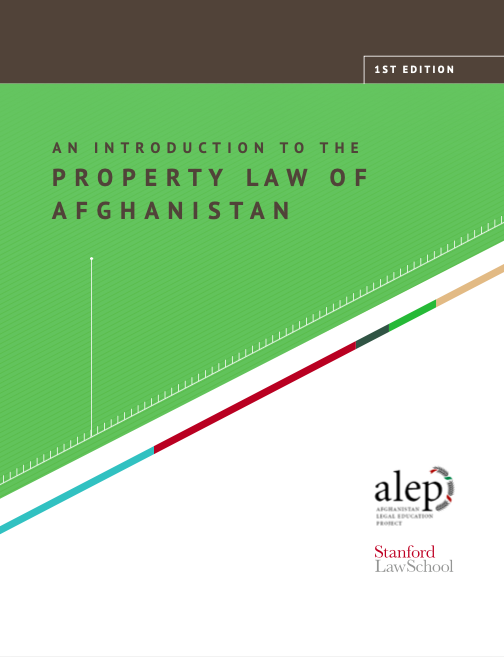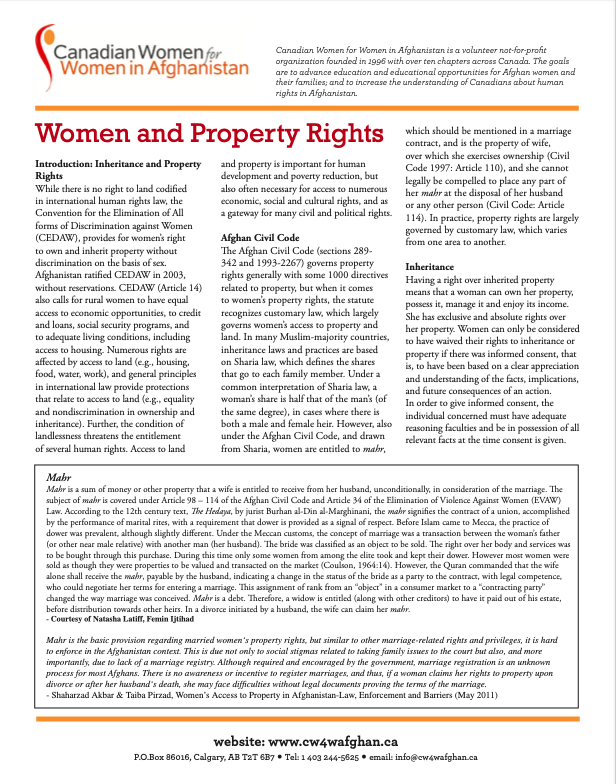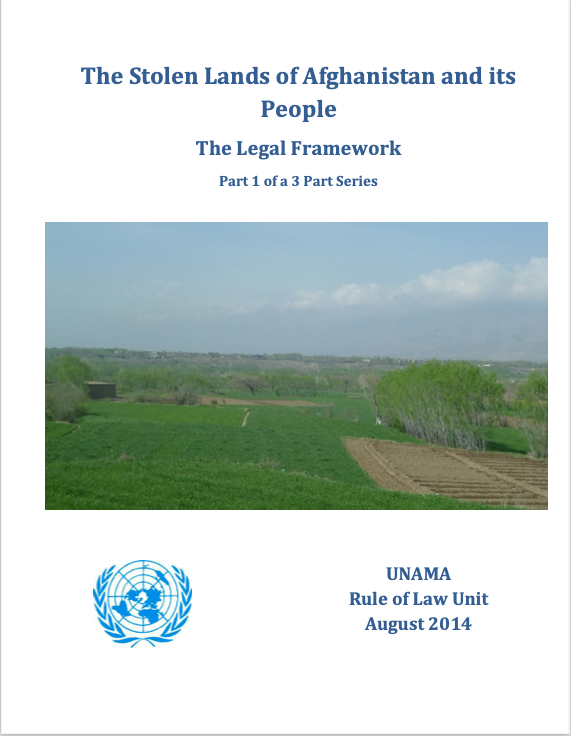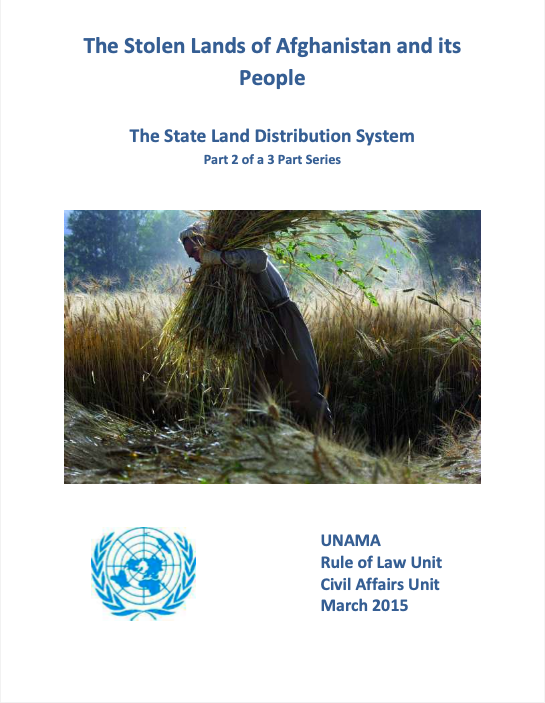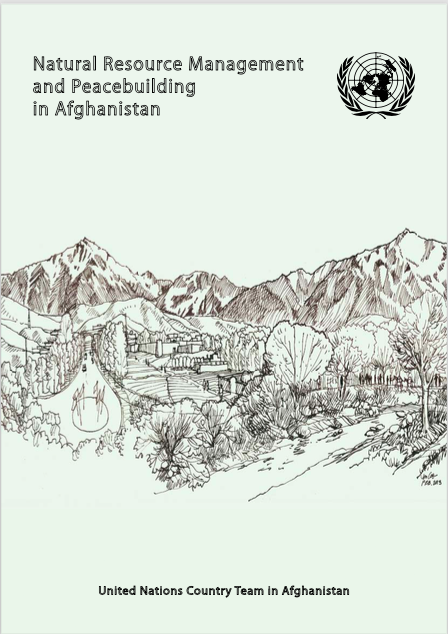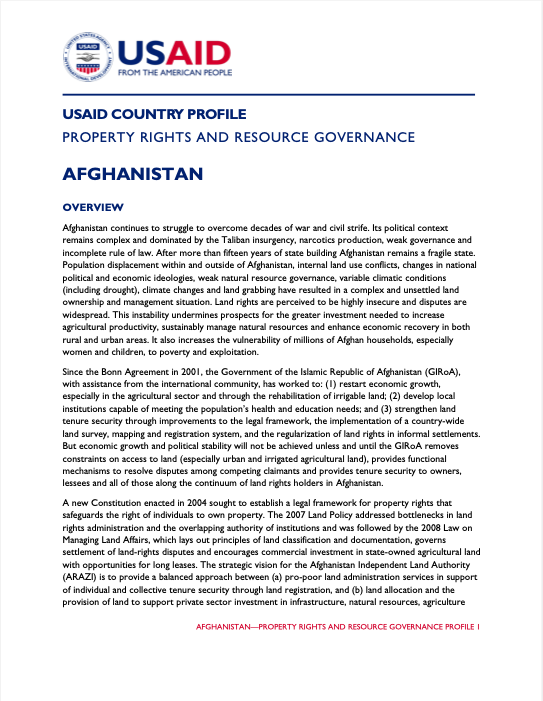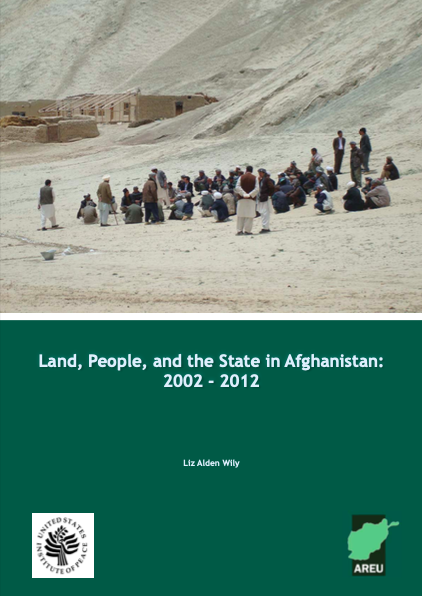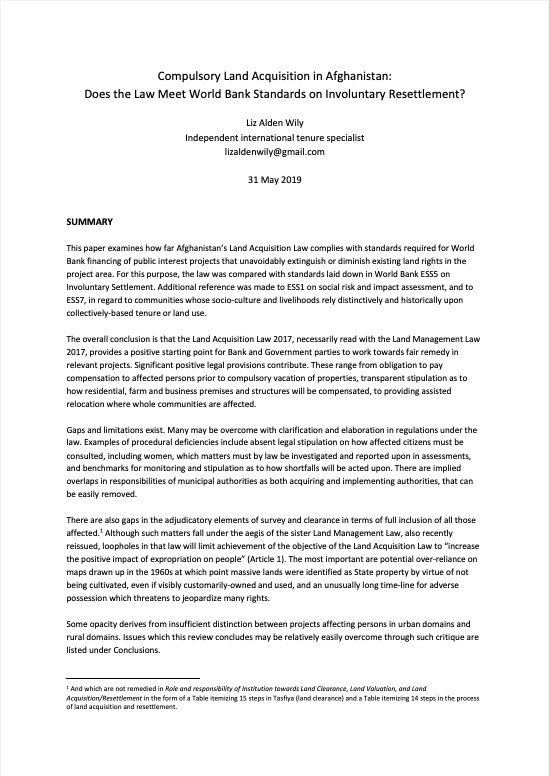In Brazilian land ownership issues, History not only matters - it is determinant
From colonial to modern times, Brazilian agricultural property has remained immersed in a chaotic vortex of deregulation. Attempts of institutional reform - such as the Lei de Terras (Land Law) of 1850 - have been largely unsuccessful, whilst providing legal grounds for land grab by large estates and narrowing the scope of possibilities open for legitimate reevaluations of the first institutional landmark on land use and ownership in the country - the sesmarias.

